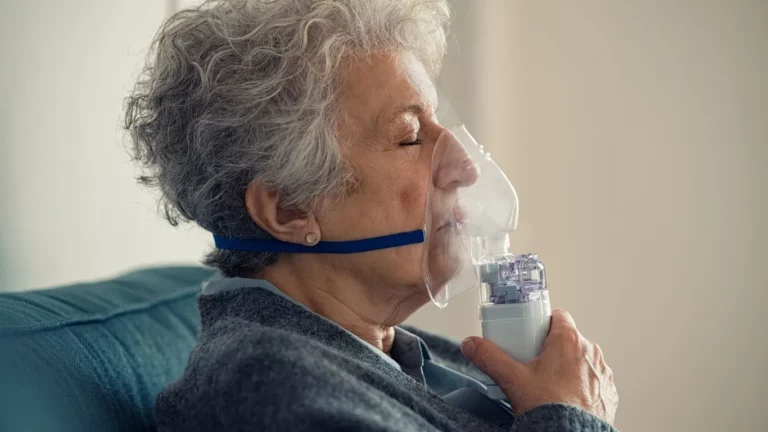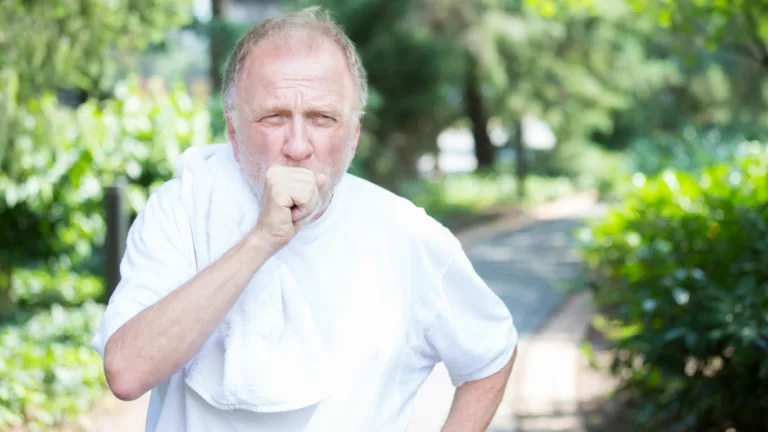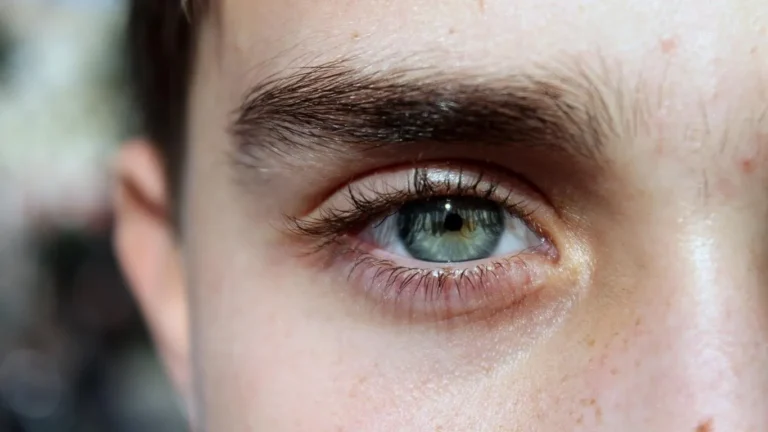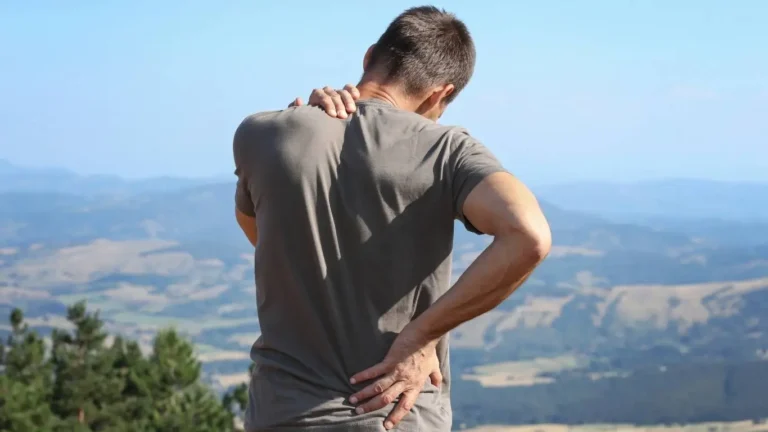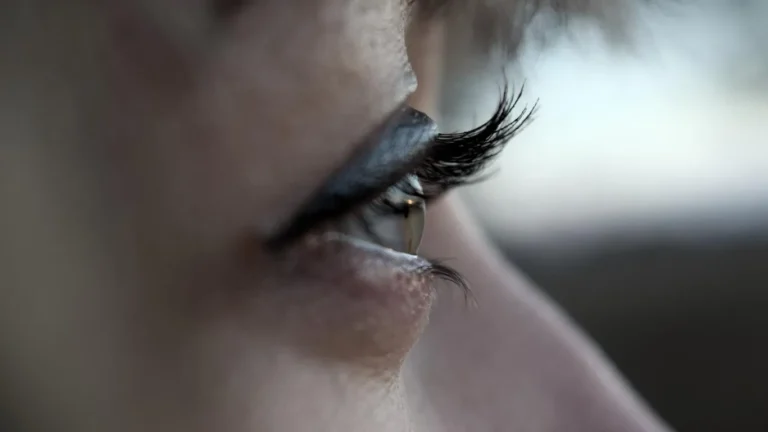Can Cold Water Lower High Blood Pressure?
Ever wondered if a glass of cold water could help with high blood pressure? We’ve got the scoop on whether cold water can actually make a difference to your blood pressure levels!
When it comes to managing high blood pressure, there’s a lot of advice floating around. People are always looking for simple, natural remedies to help lower their blood pressure without resorting to medication right away. One common question that pops up is whether drinking cold water can actually lower high blood pressure. So, let’s take a deep dive into this topic and explore whether cold water can make a difference for your heart health.
Understanding High Blood Pressure
Before we jump into the cold water question, let’s quickly break down what high blood pressure, or hypertension, actually is. Blood pressure is the force exerted by the blood against the walls of your arteries. When that pressure is consistently too high, it can lead to a range of health issues, including heart disease, kidney problems, and even stroke.
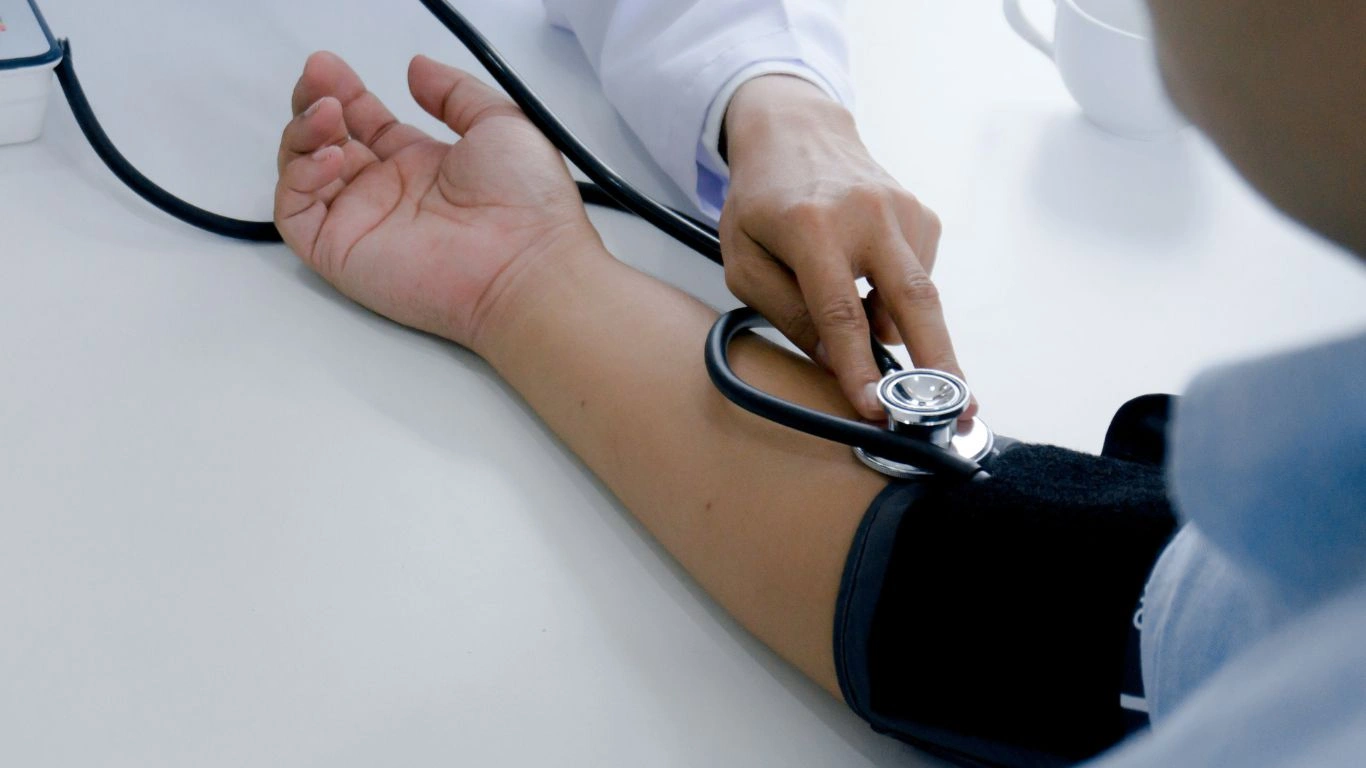
So, it’s crucial to manage your blood pressure, and people often turn to lifestyle changes, medications, and sometimes home remedies to keep things in check.
Can Cold Water Lower Blood Pressure?
Now, let’s get to the heart of the question. Does cold water actually lower high blood pressure?
Well, the answer isn’t as straightforward as you might hope. While drinking cold water isn’t a miracle cure for high blood pressure, there’s some evidence that suggests it could play a minor role in helping your body temporarily lower its blood pressure. But it’s not a long-term solution.
How Cold Water Affects the Body
When you drink cold water, your body has to work to bring that chilly liquid up to your normal body temperature. This process causes your blood vessels to constrict, which is a natural reaction. As a result, the immediate effect of drinking cold water could be a temporary increase in blood pressure due to the constriction of blood vessels.
However, once your body gets used to the cold, the blood vessels dilate again, and circulation improves. This could, in turn, help lower blood pressure slightly over time.

Research Behind Cold Water and Blood Pressure
There have been a few studies on how temperature affects blood pressure, but none of them point to cold water as a reliable or effective treatment for high blood pressure. Most research focuses on overall temperature changes and their impact on circulation, rather than specifically cold water.
In fact, drinking cold water might cause a slight increase in blood pressure in the short term, especially for those who are already at risk for hypertension. But, this increase is generally temporary. If your blood pressure remains high consistently, drinking cold water won’t be enough to bring it down in a meaningful way.
The Role of Hydration in Blood Pressure
While cold water itself might not be a miracle worker, staying hydrated is definitely a key factor in blood pressure regulation. Proper hydration helps maintain the right blood volume, which in turn keeps your blood pressure levels in a healthy range. So, while drinking cold water may not directly lower high blood pressure, drinking enough water throughout the day can help keep it in check.

Other Lifestyle Changes That Can Help Lower Blood Pressure
Cold water isn’t going to be your magic bullet, but there are other lifestyle changes that can play a much bigger role in managing high blood pressure:
- Exercise Regularly – Engaging in regular physical activity, like walking, swimming, or cycling, can help reduce high blood pressure.
- Eat a Balanced Diet – Focus on a diet that’s rich in fruits, vegetables, whole grains, and lean proteins. Foods high in potassium (like bananas and spinach) can also help lower blood pressure.
- Limit Salt Intake – Reducing the amount of sodium in your diet is one of the most effective ways to keep blood pressure under control.
- Reduce Stress – Chronic stress is a major contributor to high blood pressure. Practices like yoga, meditation, and deep breathing can help lower stress levels.
- Limit Alcohol and Caffeine – Both alcohol and caffeine can temporarily raise blood pressure, so it’s best to limit them if you’re trying to manage hypertension.
When to See a Doctor
If you’ve been noticing consistent high blood pressure readings, it’s important to reach out to a healthcare professional. They’ll help determine the best course of action, which may include medication, lifestyle changes, or both.
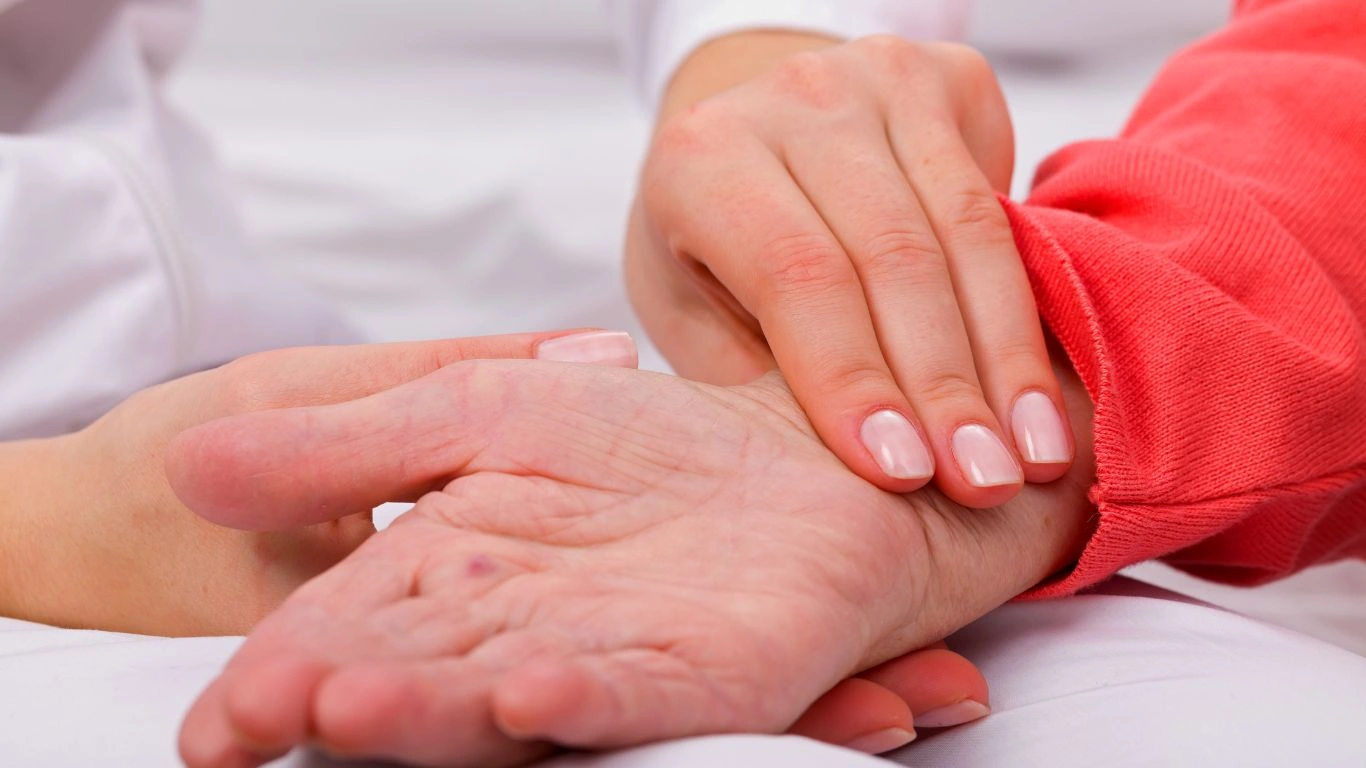
Tips for Managing High Blood Pressure
If you’re dealing with high blood pressure, here are a few simple tips to help keep things in check:
- Monitor Your Blood Pressure Regularly – Keep an eye on your readings at home and discuss any concerns with your doctor.
- Cut Back on Processed Foods – These can be loaded with sodium, which can spike blood pressure.
- Stay Active – Even light exercise can help your heart health and keep your blood pressure at a healthier level.
Conclusion
So, can cold water lower high blood pressure? In short, probably not in the way you might hope. While cold water might have a minor, temporary effect on blood pressure, it’s not going to provide a long-lasting solution. The best way to manage high blood pressure is through a combination of healthy lifestyle changes, regular monitoring, and guidance from your healthcare provider. So, while staying hydrated is important, relying on cold water alone won’t do much to tackle hypertension.
Appendices
References
- American Heart Association. (2023). Managing High Blood Pressure: A Guide. Read Article
- Mayo Clinic. (2024). High Blood Pressure: Lifestyle Changes to Lower Your Blood Pressure. Read Article
- National Institutes of Health (NIH). (2023). Blood Pressure and Your Health. Read Article
FAQs
- Can cold showers help lower blood pressure? While cold showers may cause temporary changes in blood flow, there’s no strong evidence to suggest that they can lower blood pressure long-term. Regular exercise and a healthy diet are more effective strategies.
- Is drinking water a good way to control blood pressure? Yes! Staying hydrated is essential for maintaining healthy blood volume, which plays a role in regulating blood pressure.
- Does drinking ice water help with hypertension? Ice water may have a slight, short-term effect on blood pressure, but it’s not a sustainable treatment. Focus on overall lifestyle changes for better blood pressure management.
- How much water should I drink to lower blood pressure? There’s no magic amount, but drinking enough to stay hydrated—around 8 cups (2 liters) per day—is generally a good target for most adults.
- Can stress affect my blood pressure even if I drink cold water? Yes, stress can raise your blood pressure, even if you’re drinking cold water. Finding ways to manage stress is key to keeping blood pressure at healthy levels.
Disclaimer
The information provided in this article is for general educational purposes and should not be considered as medical advice. Always consult your healthcare provider before making any changes to your health routine, especially if you have high blood pressure or any other medical conditions.

Dr. Gwenna Aazee is a board-certified Internal Medicine Physician with a special focus on hypertension management, chronic disease prevention, and patient education. With years of experience in both clinical practice and medical writing, she’s passionate about turning evidence-based medicine into accessible, actionable advice. Through her work at Healthusias.com, Dr. Aazee empowers readers to take charge of their health with confidence and clarity. Off the clock, she enjoys deep dives into nutrition research, long walks with her rescue pup, and simplifying medical jargon one article at a time.


